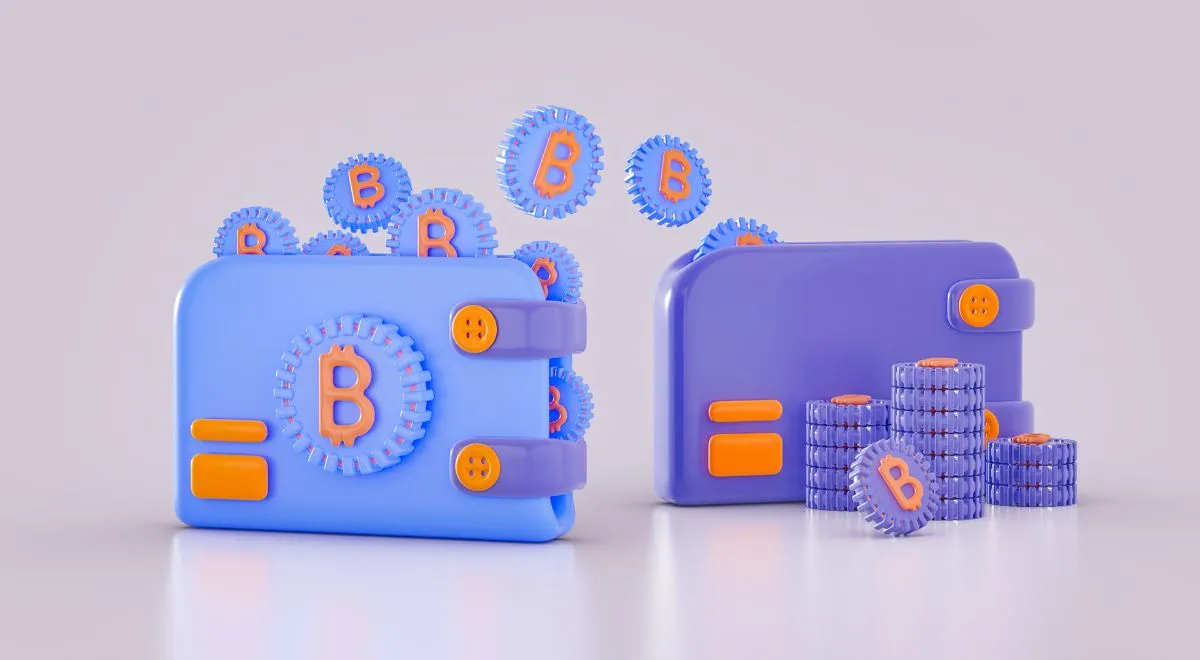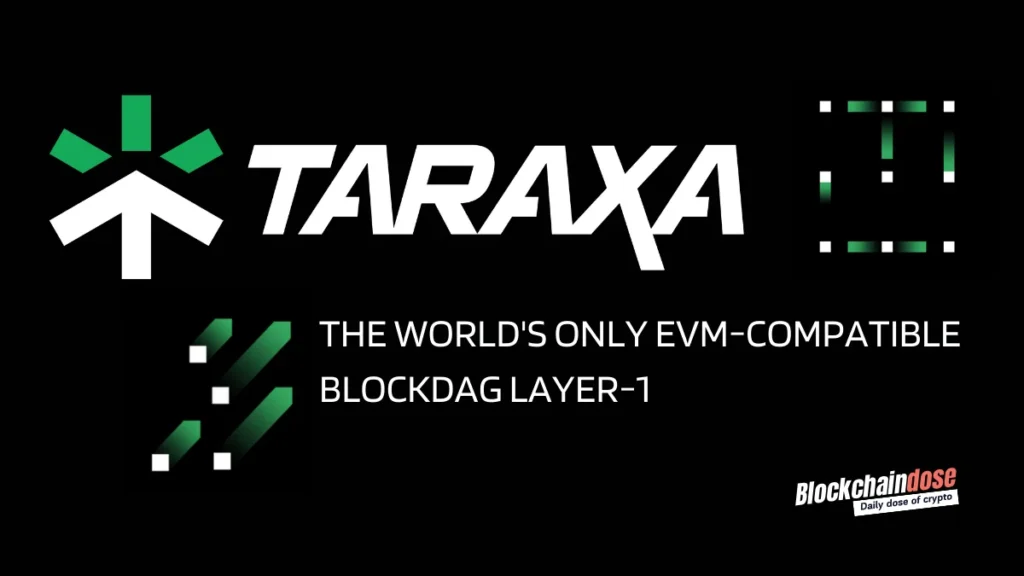If you use crypto, you need a wallet. It’s the tool that lets you store, access, and manage your digital assets. As crypto keeps growing, wallet options keep piling up. Each one works differently and offers its own features. So how do you pick the right one? We’ll help you choose the crypto wallet that fits your needs—without the fluff.
What is Crypto Wallet?
People can safely keep and control their cryptocurrency assets with the use of a crypto wallet. It does not actually store the cryptocurrencies. On the blockchain, it keeps encrypted keys that allow access to particular addresses instead. To verify ownership of the related digital assets and sign transactions, these encrypted keys are needed.
1.Understand Crypto Wallet Types
First step in choosing crypto wallet is to understand the types of these digital wallets.
Hardware Wallets:
These physical devices provide enhanced security by keeping private keys offline and mostly used for long-term storage. Some of the popular examples are Ledger Nano S, Ledger Nano X, and Trezor.

Software Wallets:
These crypto wallets are available as desktop, mobile, or online applications, software wallets are convenient for daily transactions. Examples include Exodus, Electrum, and MyEtherWallet.
Web Wallets:
Web-based wallets are accessible through browsers and are often provided by cryptocurrency exchanges. They are convenient but may contain security risks.
Mobile Wallets:
Apps for smartphones, such as Trust Wallet and Coinbase, offer portability and ease of use but may have limited features compared to desktop counterparts.
Also, read: The Ultimate Guide to Crypto Wallets
2.Security Features of Crypto Wallet
The next step and most important step is to check the security features of the wallet that you are going to choose.
Private Key Control:
Make sure that you have full control of your private keys in the wallet that you are going to choose. Hardware wallets provide extra security by keeping keys offline in this regard.
Two-Factor Authentication (2FA):
Choose wallets that support 2FA for an additional layer of protection. To access your wallet, 2FA requires an additional authentication step, such as an authentication code through a smartphone application or a hardware token.
Multi Signature:
Some crypto wallets include this as an additional security feature. It includes demanding many signatures or permissions to authorize transactions, creating an extra layer of security against unauthorized access and fraudulent activity. Multi signature wallets are often used in organizations where multiple people manage and authorize transactions.
Backup and Recovery Options:
Always go for wallets that facilitate easy backup and recovery processes. These are important characteristics of a cryptocurrency wallet. Having a trustworthy backup and recovery solution promises that you can get access to your cash in case of device loss, damage, or application failure.
Also read : The Top 10 Best Practices for Enhancing Crypto Wallet Security
3.Supported Cryptocurrencies
Different wallets support various different currencies. It is important to make sure that the wallet you select supports specific digital assets you want to keep or trade. Some wallets are designed to be flexible and support a wide range of tokens, including major cryptocurrencies such as Bitcoin (BTC) and Ethereum (ETH), as well as other altcoins. Others may be more specialized, focused on specific blockchain networks and their tokens.
4.User Interface and Experience
The user interface (UI) and overall user experience (UX) are important factors when choosing a crypto wallet. The user interface (UI) should be simple so that users can quickly navigate through the wallet’s features. A clean, well-designed interface improves overall usability, which is especially important for newbies unfamiliar with complex crypto terms. To manage your digital assets more easily, look for wallets with attractive visuals and easy interfaces. A user-friendly interface includes features like as transaction history, portfolio tracking, and accessibility settings.
5.Development and Reputation
A strong development community is a necessity for a cryptocurrency wallet, as it ensures continuing support and quick flexibility to marketplace developments. Participate in forums and social channels to measure community participation, transparency, and collaborative efforts to improve functionality and security. Look into the wallet’s reputation as well, by reading reviews and customer feedback to get understanding of its reliability and user satisfaction. A wallet’s trust is further enhanced by a track record of upgrades, attention to security practices, and responsive customer care.
6.Compatibility and Integration
Make sure to check that the wallet you choose works properly with the platforms or services you plan to use. Check for hardware device compatibility to ensure smooth interaction if you have a hardware wallet. Consider whether the wallet supports the exact cryptocurrencies you want to store or trade, as well as whether it is suitable with your portfolio of assets. Integration with popular exchanges and decentralized applications (DApps) can improve your user experience significantly, leading to successful trading.
7.Fees and Costs
Consider how your usage, particularly frequent trading, may result in transaction fees. Other expenses to be aware of include withdrawal fees and network transaction fees. A wallet with a clear price structure helps to avoid surprises and matches your financial goal. To make sure that your wallet choice stays cost-effective, stay up to date with expected fee updates in the dynamic cryptocurrency world.
8.Customer Support
Good customer support is super important when picking a crypto wallet. Choose a wallet that offers ways to get help, like through email or chat. Quick help is crucial if you have issues with security, transactions, or need to recover your account. Check what other users say about the wallet’s customer support – it should be fast and helpful. Also, look for wallets with FAQs or tutorials online. These can be helpful guides when you need help. So, pick a wallet with solid customer support to feel secure and supported in your cryptocurrency journey.
Conclusion
A crypto wallet keeps your digital money safe. It also lets you send and receive funds with ease. Think of it like a wallet for cash—just digital. Pick one that fits your needs and offers strong security. Never share your private keys. Store them somewhere safe. With a good crypto wallet, you can access decentralized apps and use blockchain tools with more control.
Also, read: Top 8 Crypto Wallets to Safeguard Your Assets
FAQs
Yes. A wallet is essential for managing and securing your crypto.
Hardware wallets are physical devices for long-term, secure storage. Software wallets are apps for easier, daily use.
They’re safe for small amounts. Use hardware wallets for higher security and bigger holdings.
Some wallets support many coins. Others work only with specific networks, like Ethereum or Bitcoin.




